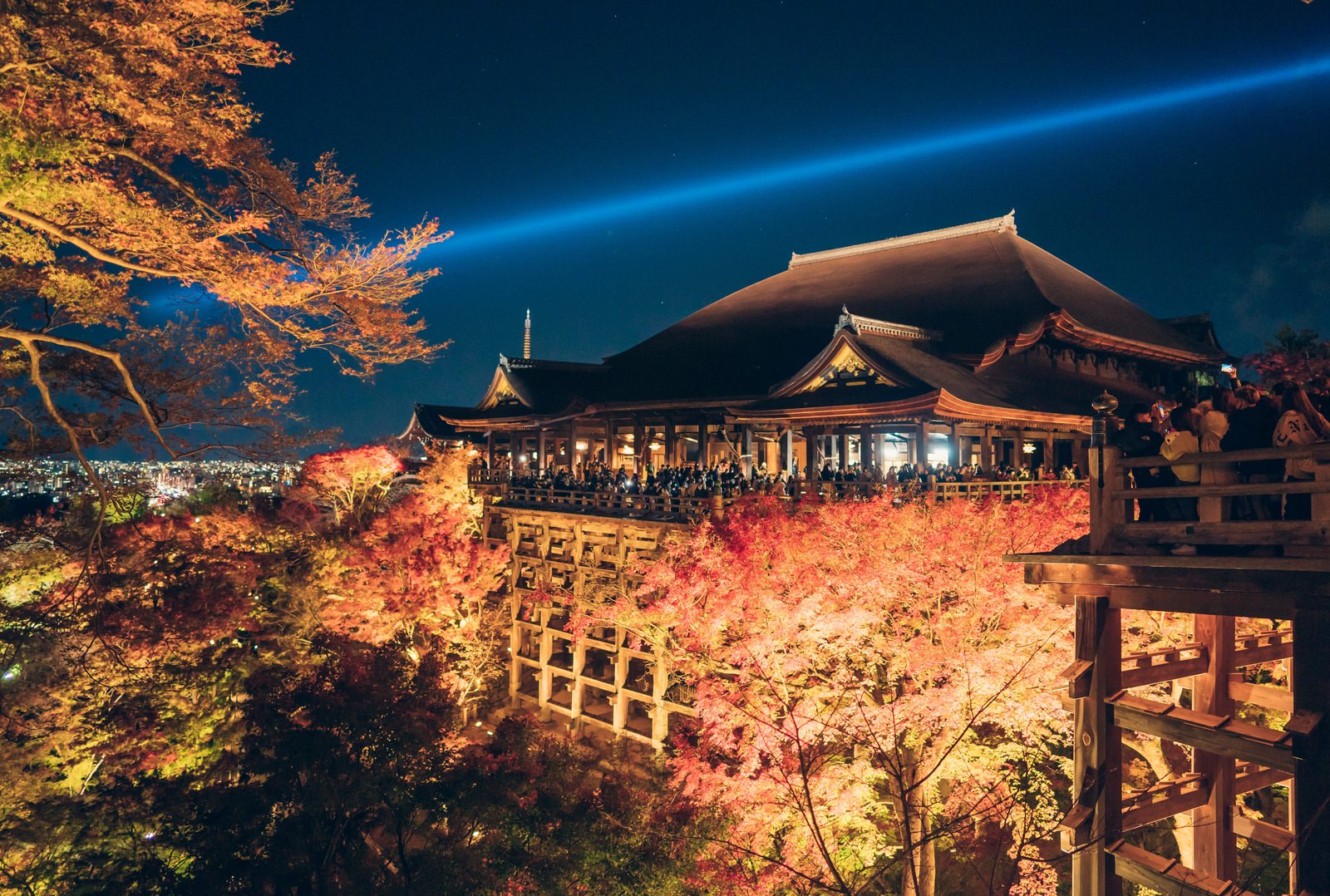
Japan is a country rich in beautiful landscapes, historic landmarks, and delicious cuisine. For those planning a trip to Japan, we have compiled advice to ensure a comfortable and fulfilling experience during your stay. By keeping these points in mind and respecting Japan’s unique culture and customs, you can create deeper memories on your journey.
1. Overcoming the Language Barrier
Japan is a popular tourist destination where English is widely understood in many places. However, learning basic Japanese phrases can enhance communication and show respect to the locals. Incorporating simple Japanese expressions during greetings and expressions of gratitude can make interactions more meaningful. Embracing Japanese language basics before your trip can lead to richer experiences and connections.
Exploring Japan’s culture and history can provide a deeper understanding. Learning basic phrases allows for more authentic encounters and a greater appreciation of the country’s unique traditions.
2. Bowing Etiquette
Bowing is a crucial aspect of Japanese culture, expressing respect and gratitude towards others. The depth of the bow varies depending on the situation, with a light bow of around 15 to 30 degrees being common in general settings. While bows are particularly emphasized in business or formal situations, tourists are also welcome to incorporate casual bows.
Bowing serves as a gesture of appreciation and respect. Employing bows when entering or leaving restaurants and other establishments can help build positive relationships with the local people.
3. Etiquette in Public Spaces
Maintaining a quiet and considerate demeanor is essential in public spaces in Japan. Avoid speaking loudly on trains or buses and refrain from playing music at high volumes. Similarly, in restaurants or tourist spots, keeping conversations at a moderate volume is appreciated.
The quiet manners in public places are deeply rooted in Japanese culture. Collaborating with fellow travelers and locals to create a peaceful environment contributes to a positive experience for everyone.
4. Transportation and IC Cards
Japan’s public transportation system is efficient but might seem complex for first-time visitors. Planning your routes in advance and using IC cards like Suica or Pasmo can facilitate stress-free travel.
IC cards are usable on trains, buses, and some taxis, with easy reloading options. These cards are available for purchase at airports and major stations, enabling quick access upon arrival. Utilizing IC cards simplifies commuting and sightseeing.
5. Dressing for the Seasons
Japan offers diverse landscapes throughout the seasons. Spring showcases cherry blossoms, summer features festivals and fireworks, autumn displays vibrant foliage, and winter brings snowy landscapes. Accordingly, packing season-appropriate clothing is crucial.
While spring and autumn generally have mild temperatures, summer requires light and cool clothing due to heat and humidity. Winter demands adequate cold-weather attire. Checking the weather forecast and dressing accordingly ensures a comfortable and enjoyable trip.
6. Dining Etiquette
Japanese cuisine is renowned for its delicious offerings, accompanied by specific dining etiquette. Pay attention to the proper use of chopsticks, holding them to pick up food. Avoid sticking chopsticks upright in rice, as this resembles a funeral ritual.
Completing meals in a few bites is encouraged, and it’s acceptable to slurp noodles. While credit cards and electronic payments are accepted in many restaurants, some smaller establishments may prefer cash, so it’s advisable to have some on hand.
7. Enjoying Hot Springs
Japan boasts abundant hot springs, providing an opportunity to experience unique cultural practices. Before entering a hot spring, thoroughly wash and rinse your body. When in the bath, avoid soaking your towel and enter the tub directly.
Hot spring areas in Japan offer various baths, such as open-air baths and rock baths. Enjoying the hot springs allows for relaxation while appreciating the surrounding nature and tranquility. Keep conversations subdued to respect the quiet atmosphere shared with other bathers.
Conclusion
By keeping these points in mind, your trip to Japan can be more enjoyable and stress-free. Embrace the beauty of the landscapes and traditional culture while cherishing interactions with the local people. Have a safe and wonderful journey!
Comments